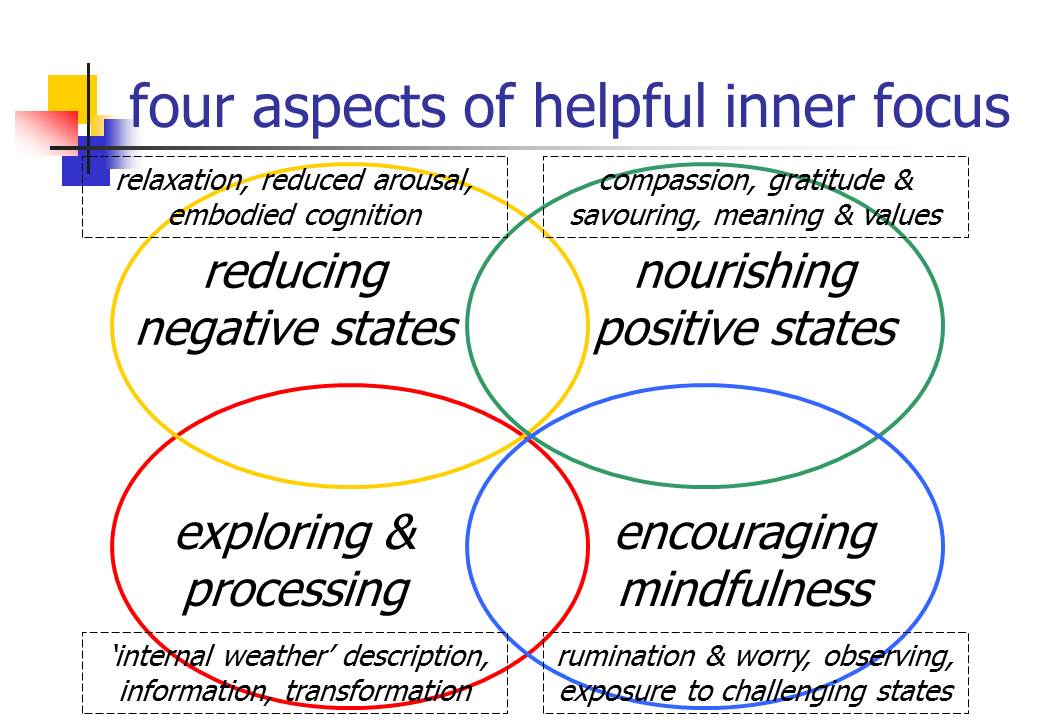Power objects, power postures, power clothes, power prayers: all ways to facilitate change (1st post)
Last updated on 10th August 2016
"I will love you like a wind,
like a man stitching a skin
together like a winter coat.
Like a man sitting in meditation
and repairing a cracking spirit.
Like a man in love with a leaf,
a cloud, a flame, a temple.
Like a man on fire
running in the wilderness
shouting for sheer joy."
From the poem "A blessing (the way)" in the book "A shaman's songbook" by Norman Moser

